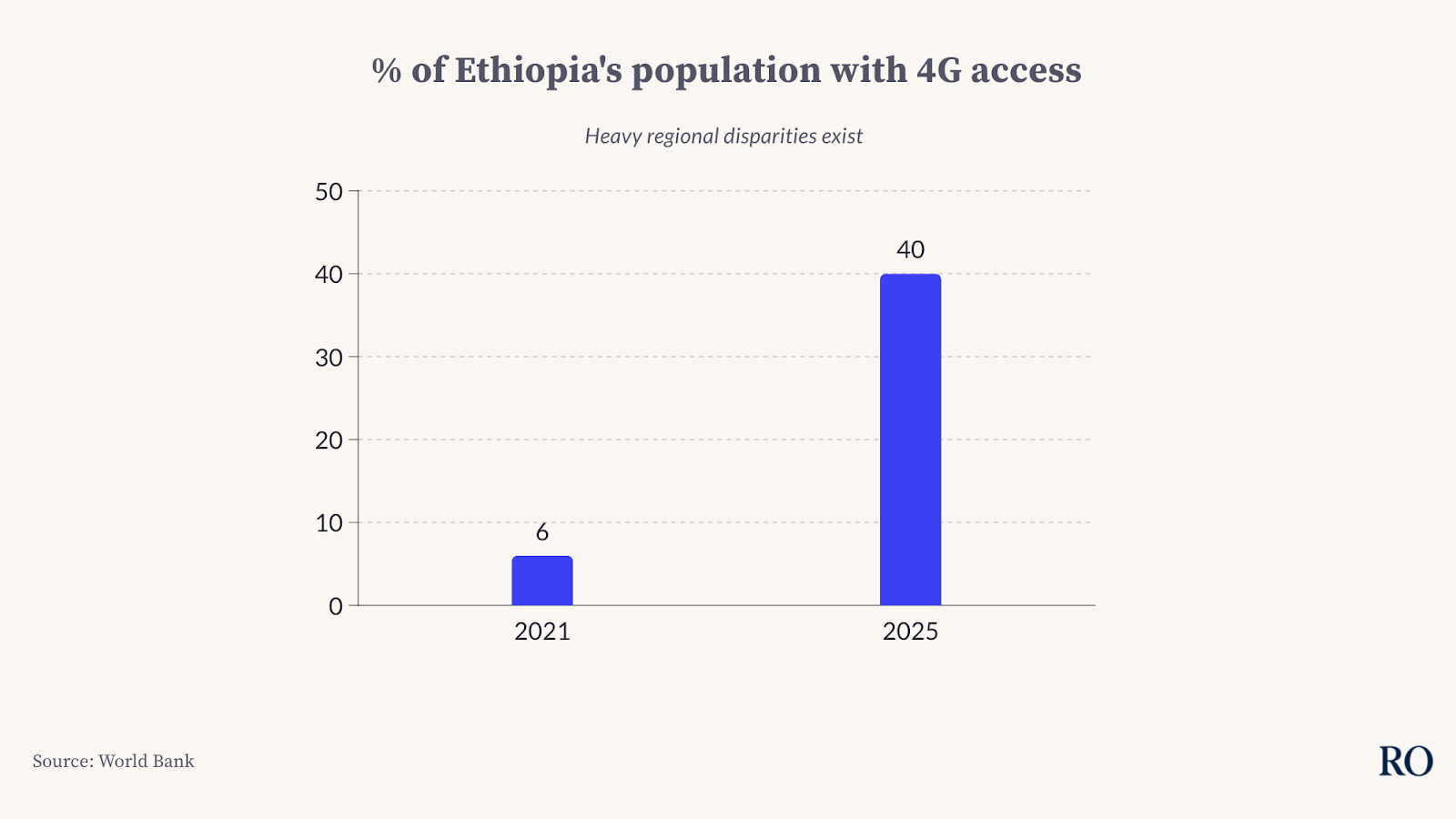Biography
Addis Alemayehou is the chairman of Kazana Group, an Ethiopian conglomerate that owns companies across marketing, telecommunications, fintech, advertising, and more.
Addis Alemayehou is also a partner and co-founder of Kazana Fund (a separate entity).
Addis is a board member of Dangote Ethiopia as well as an advisor to Dodai, an Ethiopian e-mobility startup.
Ethiopia’s economy has liberalized over the past couple of years. Why and how?
We got a new government in 2018, when Abiy Ahmed became prime minister. His premiership pivoted the country’s economic strategy, following almost thirty years of governance by the same party.
The new strategy, dubbed the Home-Grown Economic Reform Plan, ushered in a wave of economic liberalization. In other words: the private sector’s development was deemed a priority in achieving the country’s growth goals.
A few key events illustrate that new strategy.
First was the opening up of the telecom sector. In 2022, state-owned Ethiotelecom’s monopoly was intentionally broken up, allowing the entry of a second actor (a consortium led by Kenya’s Safaricom). This new competition reduced costs for consumers, improved the country’s connectivity, and allowed more people to access the internet. This enables more Ethiopian talent to build tech products from their laptops, while increasing their total addressable market of internet-connected users.
Second was the floating of the Ethiopian currency, the birr. This let markets set the currency’s value, rather than the government. Nigeria recently undertook a similar reform. Currency floatings are seen as welcoming to foreign capital, as it signals more transparency as to the currency’s actual value. Floating generally devalues the local currency, making exports more competitive. The floating itself came amidst a package of FX-related reforms, including easier profit repatriation for foreign investors in Ethiopia.
Ethiopia is the only African country that was never colonized. We hold our sovereignty near-and-dear. In economic matters, this translates to a reflective and cautious approach towards ensuring that foreign involvement in the economy benefits Ethiopians, first and foremost.

Source: World Bank’s 2025 Ethiopian telecom market’s assessment
Ethiopia also just passed its long-awaited Startup Act. What does that change for the ecosystem?

